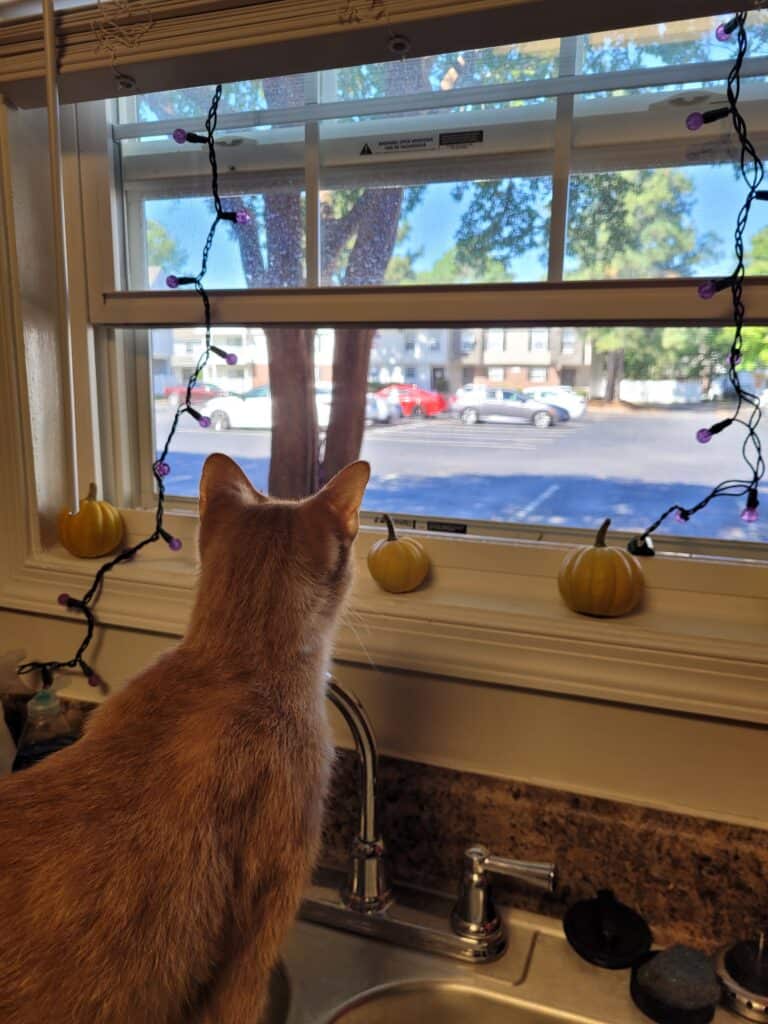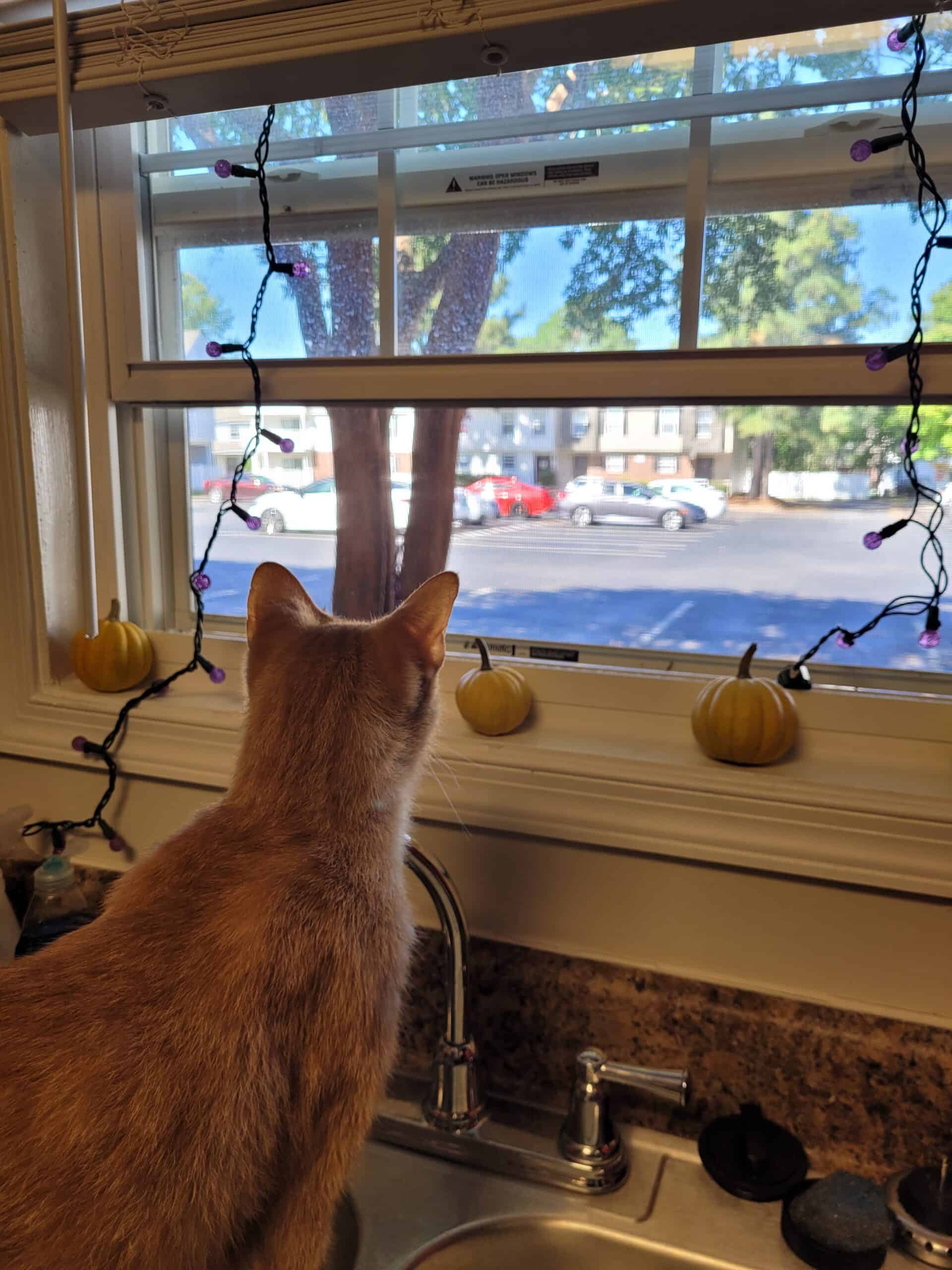What to Look for When Adopting a New Cat

Cats make wonderful companions. When a healthy, loving bond is formed with their human, cats are incredibly affectionate. That delightful purr of happiness is the greatest reward.
However, adopting a cat is a serious commitment. The average lifespan of a cat is 13 to 17 years, according to PetMD. You are choosing a furry best friend for the next decade or two. While all cats deserve to be loved unconditionally, realistically you can’t adopt them all. It is important to consider the following factors when choosing a new cat to adopt.
Age – A kitten must be at least 8 weeks old before being separated from its mother. On the flip side, when considering an older cat, be aware that a cat is a senior at 11 years old. By that age health problems that may require regular medication may be approaching.
Temperament – It may seem obvious, but when you meet your potential kitty friend, see if the cat is friendly toward you. It is much easier to bond with a cat who quickly shows affection. If your favorite interaction is playtime, trying out your preferred cat toy will show you which cat can keep up with the fun.
Litter Training – Is this cat litter trained? Most cats up for adoption are already litter-trained by their caretaker. But when adopting a young kitten this is something that needs to be considered. Litter training doesn’t have to be a deal breaker, though. Litter training a kitten is by far easier than house training a puppy. With an untrained young kitten expect a few weeks of cleaning up messes as they get the hang of it. But cats instinctively take to litter boxes quickly, sometimes immediately.
Spay/Neuter – Is the cat already spayed or neutered? Most pet adoption facilities ensure their pets are already altered. If you’re adopting through a different source, be sure to ask your vet how much it costs to spay a female cat or neuter a male cat so you can factor that into your decision process. If cost is a prohibitive factor, there are low-cost spay and neuter pet clinics throughout the nation helping everyone to be responsible pet owners.
Note on Older Male Cats – If he wasn’t neutered young, an older adult male cat may have developed the habit of spraying (urinated in places other than the litter box to instinctively mark his scent letting other cats and animals know this is his territory). While the musky smell is certainly improved after neutering an older male cat, sometimes the bad habit of spraying remains. When adopting an adult male cat, you will want to ask if the cat was neutered under the age of 1 year old, which prevents the spraying instinct in most male cats. If the male cat was neutered above the age of 1 year old, then be sure to ask his caretaker if he “marks his territory” or if he’s good about keeping it all in the litter box.
Now that you know what to look for when adopting a new cat, the process of adding a purring companion to your life can begin. Enjoy the journey and very soon your new feline will become your fur best friend.

